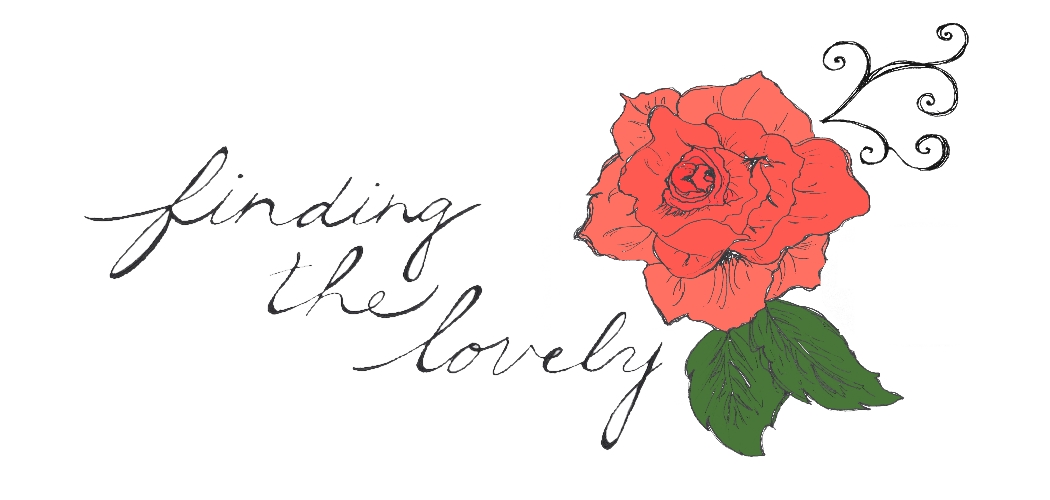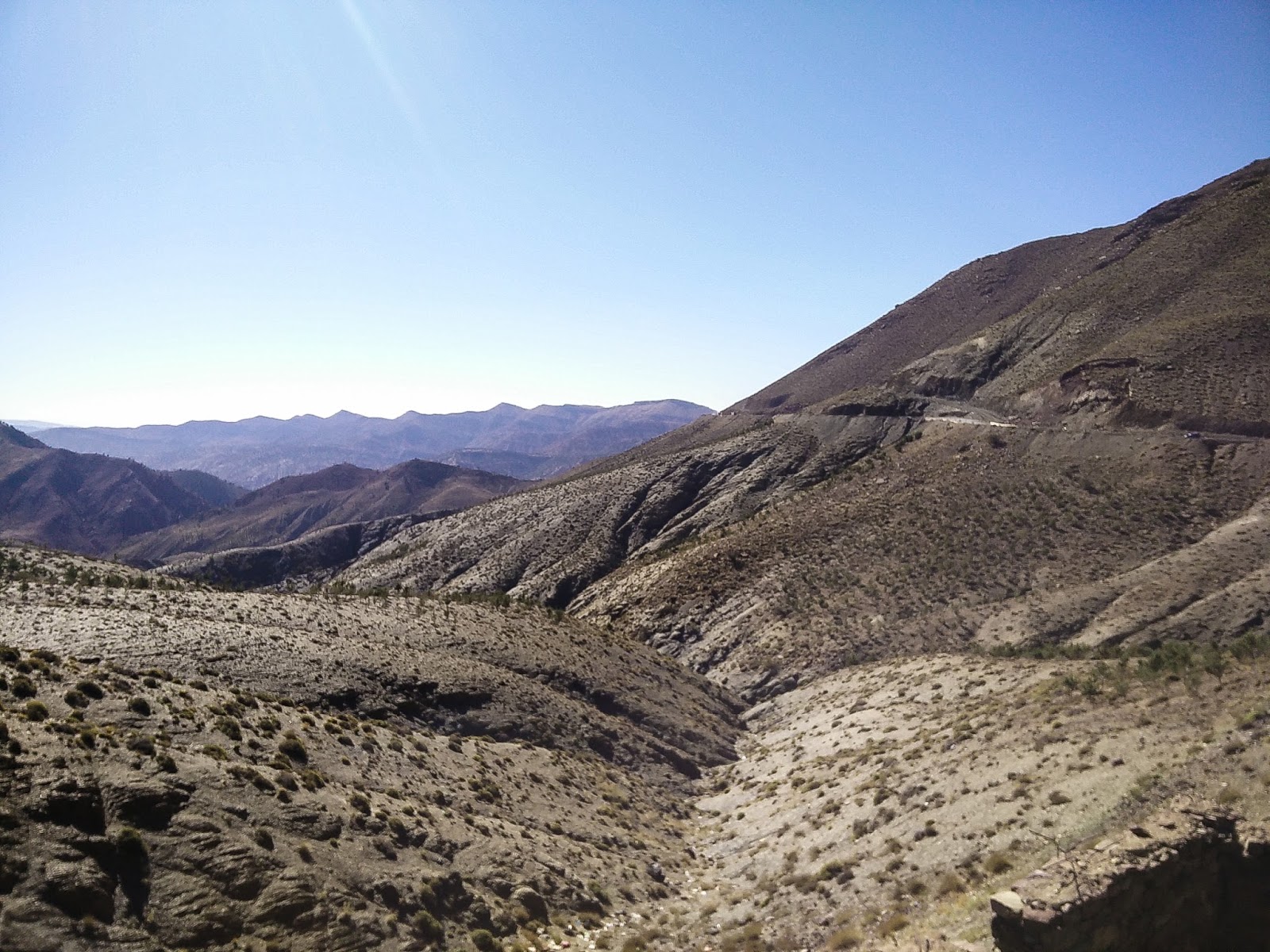I didn't prepare myself for a Trump presidency; this much is true. I had recognized the possibility, but readily lulled myself into a false sense of security, confident that the rest of my country would come together or come to their senses and pick the sane, safer choice. Which, ultimately the majority did, according to Hillary Clinton's 2.5 million (and growing) popular vote lead. The system screwed her over.
The night of the election, I drifted in and out of a nightmare. My body was still recovering from an awful bout of food poisoning. Each time I woke to the frantic buzzing of the J-Squad Facebook message, I checked the updated results. They were heading in the wrong direction. It was too close. My confidence was fading. The last time I looked at my phone before finally going to sleep, Trump was only a few electoral votes away from the 270 mark. Still unwilling to accept defeat, I thought, "Hill will pull through. She has to," and proceeded to whisper a prayer into my pillow. Three very short hours later, I woke to the call for morning prayer. I immediately checked my phone and went into what was probably a state of shock. I sprang from my bed seconds later, a feat for my weak body, to confront my host parents, who had assured my of Hillary's impending triumph the night before.
"Maman, Baba, Trump a gagné. He is the next president of the United States."
My host-mother looked at me with sympathetic brown eyes. "Je suis très désolée. Judith m'a dit ce matin." She continued to tell me that Judith, her first host-daughter from 5 years ago, whom I recently met on her latest return visit to Morocco, also wanted me to know she was very sorry for me and my country.
I stood staring at them for another minute, perhaps waiting for them to tell me it was all a sick joke. Instead, Maman offered me permanent residency. The reality of the situation had not yet sunk in, yet I was having a visceral reaction. I felt unwell. I retreated to my bedroom and closed the door, head resting in my hands, my elbows making red circles as they pressed into my shaking knees.
~ ~ ~
Instead of reading before bed, I now sign petitions. Every 15-20 minutes I scan through updates and articles sent to my e-mail. It's hard to find reliable news. If there's anything I've learned studying journalism in Morocco (read: a country with no free press), it's that the media can be very influential (and this government knows it). News outlets have the power to sway the results of an election, not necessarily with blatantly biased reporting, but by strategically choosing which topics they are going to cover and using coded terminology when discussing particular candidates. I am of the mind that the media, more than anything, is to blame for the outcome of this year's election.
Post-election day, I've been forced to analyze and dissect my identity in unhealthy ways. I've worked hard these past few years to accept and view myself as a multifaceted, yet whole person. This is a setback. Now, I am constantly thinking about the ways I could and quite possibly will be further 'oppressed' in the next four years. I question the safety of my friends and family. I've internally debated which of our rights will be stripped away first, only to have these thoughts confirmed in the latest headlines. I am smacked in the face with each new realization, but I don't think the absurdity of Donald Trump and three red branches of government will hit me full force until I am back in the U.S. come January. Inauguration time.
I am scared. I am angry. But fear and anger can be powerful motivators when paired with a just cause. I want to dedicate my time and energy to protecting myself and those I love. I feel like an "armchair activist" right now, but I know there's only so much I can do while I'm an ocean away. I'm trying. First and foremost, I am exercising self-care. I'm signing petitions and sharing what I've found to be accurate, reliable articles on social media. However, when the hate crimes, white privilege, and echo chamber overwhelm my newsfeed, I shut it down and continue the work elsewhere. I'm applying for various summer internships in D.C., Boston, New York, and Chicago, all working on protecting and advocating for reproductive autonomy and the rights of marginalized peoples. I feel that this is my best way to mobilize.
I intend to do my part, because I want to live in a country that I am proud of. So I implore you, accept the call to action and do your part too.
























































